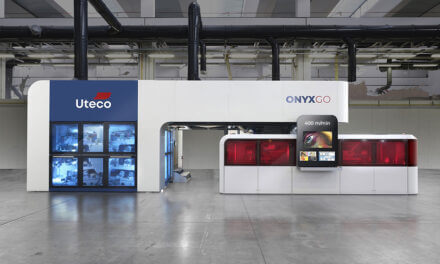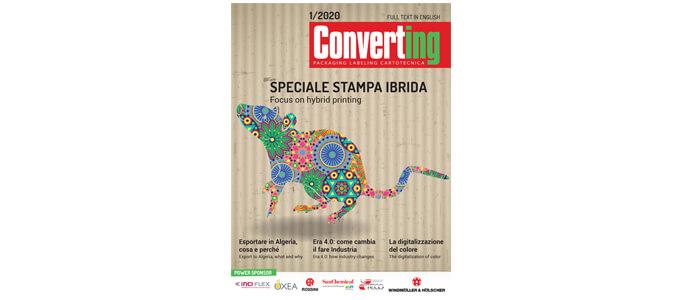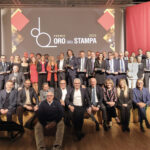The whole of Italy has become a “red zone” and all activities deemed not strictly necessary for the life of individuals and the system have been suspended across the country for two weeks, up to March 25th.
This was announced by the head of the Italian government yesterday evening, March 11, at the behest of the Regions most affected by Covid-19 which, perhaps not surprisingly are also the most industrialized and “connected” in the country and who have been demanding drastic measures to speed up the end to the crisis.
With the exception of food stores and pharmacies, shops and restaurants have therefore been ordered to close throughout the Peninsula. In turn the bulk of manufacturing companies continue to operate regularly (most notably the food supply chain, of which packaging is an integral part) and the continuation of essential public services: transport, utilities, banking, postal as well as financial services and all necessary ancillary activities, has been guaranteed. At the same time, other than for work and other proven needs, private citizen have been ordered to curtail and forgo on their daily movements.
Thus, the “quarantine” at the basis of the first great success of the containment measures activated in the Municipalities where the first outbreak of the new virus occurred, has been extended throughout the country. Just yesterday, in fact, after weeks of struggle, the Italian health authorities announced the arrest of the contagion in Codogno, the epicenter of the disease. And again yesterday, televisions all over the world broadcast the manifestations of joy of the Chinese population to the news that now in Wuhan, where Coid-19 came into bine and spread, the worst is over. Encouraging feelings of faith, strength and solidarity in Europe as well, that already foreshadow the “reconstruction”.
The industry between smart working and postponed trials and testing
Hence, in a matter of weeks, the Italians’ way of life has changed dramatically. Since the end of February the population has limited travel to the bare essentials, has been communicating via videoconference and performing all the tasks that do not require physical presence in the workplace, the same as in manufacturing and logistics, via smart working. Social life has been frozen and the various product sector fairs have been postponed: to a later date or even directly to autumn.
Hence a small, very rapid and silent revolution has taken place to
enable the country to continue to produce and function under these conditions,
while the administrative and institutional apparatus prepares the necessary
measures to support those who might need them. And also so that individual companies might find new
balances to operate within the new context: this too in the printing and converting chain where,
at this moment, supplies and procurement, production and logistics are functioning
and the biggest problems concern the installation and testing of the plants,
which have been postponed, immobilizing resources and projects. Confindustria has taken the task
upon itself to promote a survey of manufacturing concerns in all the sectors to
identify difficulties and problems, so as to then arrange supporting
interventions with the Government and the other social partners.
In the meantime, after the initial bewilderment,
people have begun inventing new ways to alleviate the enforced isolation, doing
physical exercises together (via videoconference), organizing ‘public’
performances (where everyone records and uploads their individual contribution
from home), to discussing football or culture (via Skype) and many other
things, because seeing each other, even “remotely”, consoles and encourages
one. And stimulates that imaginative ingenuity that the world sees as
“typically” Italian, reminding us – much more effectively than the glossy
tourist agency videos – how rich in Nature and Culture Italy actually is, and
how pleasant it will be to get back to living there again once we are at the
end of the tunnel and all this is over.














